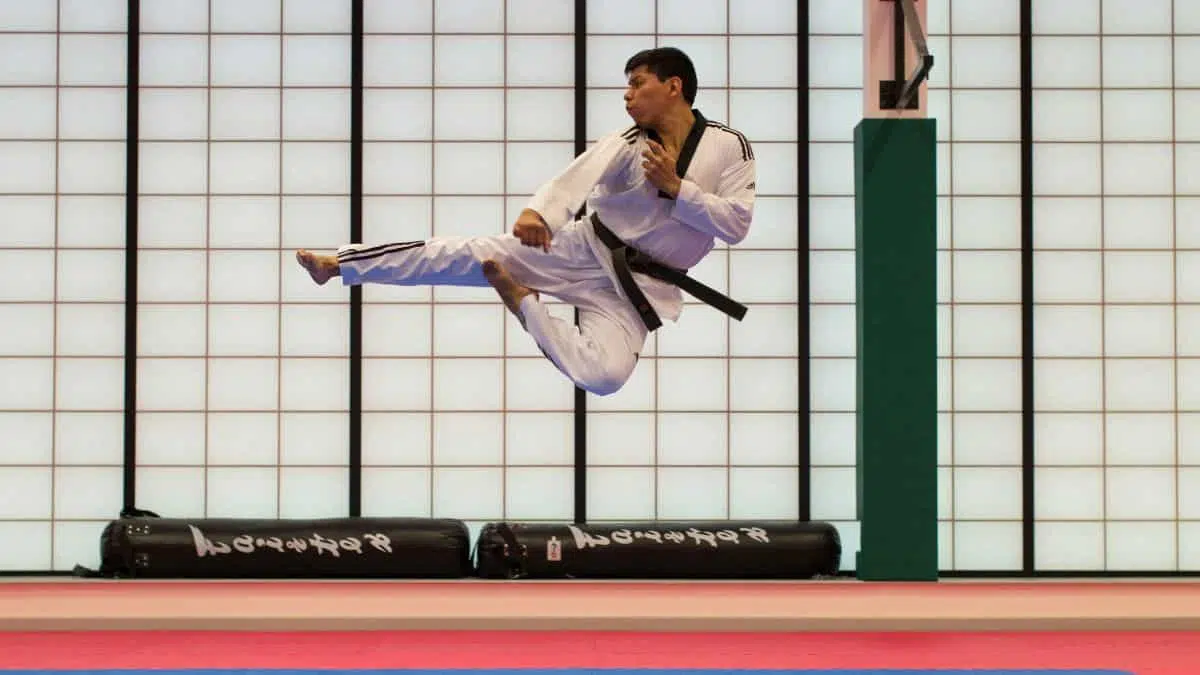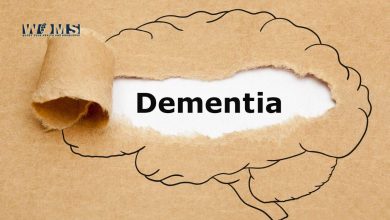Dr. James J. Blake on Unlocking the Benefits of Martial Arts Training

Martial arts are not merely a means of self-defense but a comprehensive lifestyle that promotes physical, mental, and social well-being. The practice dates back centuries and has evolved from traditional combat techniques to a structured form of discipline that enhances the quality of life.
Through the learning of various martial arts styles, individuals gain not only physical strength and technique but also invaluable life skills such as discipline, respect, and perseverance. These elements are essential in personal development, aiding in stress management and providing a sense of community through shared training experiences.
Below, Dr. James J. Blake delves into the myriad benefits and aspects of martial arts, offering a deeper understanding of its impact on personal growth.
Essentials of Martial Arts
Martial arts encompass a diverse range of practices originating from different parts of the world, primarily Asia. These arts, which include disciplines like Karate, Taekwondo, and Kung Fu, have evolved over centuries. Each style not only offers a unique approach to self-defense but also reflects the cultural and philosophical underpinnings of its region of origin. As these practices have spread globally, they have influenced millions, becoming a significant part of personal and community activities worldwide.
One of the core elements taught in every martial arts dojo is the array of techniques that form the foundation of practice. Beginners usually start with basic stances and strikes, which serve as building blocks for more complex movements as they progress. The mastery of these techniques requires patience and persistent effort, qualities that practitioners learn to integrate into their daily lives.
Moreover, the practice of these techniques transcends physical fitness, profoundly impacting the practitioner’s life. Regular training hones one’s reflexes and improves decision-making under pressure, skills that are invaluable in everyday situations. As students advance in their training, the lessons from the dojo begin to permeate other aspects of their lives, promoting a well-rounded approach to challenges and opportunities.
Discipline and Techniques in Martial Arts
Discipline stands at the heart of martial arts training, ingrained into the very fabric of its practice from the earliest stages of learning. This discipline is more than just a set of rules; it’s a way of life that teaches respect, focus, and perseverance.
As students regularly immerse themselves in rigorous training, they develop a disciplined mindset that proves essential not only within the dojo but in daily life. This transformative power of discipline often leads to significant improvements in personal and professional realms, fostering a sense of achievement and self-control that is highly valued in society.
The integration of martial arts techniques into daily life subtly teaches practitioners how to handle various situations with grace and efficiency. Through repeated practice, individuals learn to apply the principles of balance, coordination, and agility, which are crucial in martial arts, to overcome everyday challenges. This skill set encourages a proactive approach to problem-solving and enhances one’s ability to manage physical and emotional stress.
Personal and Physical Growth Through Martial Arts
Martial arts offer more than just self-defense skills; they are a conduit for personal growth and self-discovery. Engaging in this ancient practice can lead to profound mental improvements, including enhanced concentration and self-discipline. The physical rigor involved also promotes fitness, improving cardiovascular health, strength, and flexibility. Such comprehensive physical conditioning is beneficial not only in enhancing one’s health but also in instilling a sense of bodily awareness and confidence.
Stories abound of individuals who have experienced transformative changes through their martial arts journey. These often highlight not only physical achievements but also significant mental and emotional growth. The challenges faced and overcome in the training hall mirror those in life, providing valuable lessons in resilience and determination. This aspect of martial arts makes it particularly appealing to those seeking holistic development in a supportive, structured environment.
Comprehensive Benefits of Martial Arts
Engaging in martial arts training offers a plethora of health benefits that extend beyond the physical realm. The rigorous physical activities involved improve cardiovascular health, enhance muscle strength, and increase flexibility. Beyond these, participants often report reductions in stress levels and improvements in mental focus and concentration. Such mental health benefits are attributed to the meditative aspects of martial arts, which emphasize mindfulness and present-moment awareness.
The social aspect of martial arts is equally significant. Joining a dojo provides individuals with a community of like-minded peers, fostering friendships that can last a lifetime. This sense of community supports not just individual practice but also contributes to social skills development as practitioners learn to communicate and work effectively with others. This camaraderie built within the walls of the dojo often extends into other areas of life, enhancing one’s social network and support system.
Starting Your Martial Arts Journey
Choosing the right martial arts style and dojo can be a pivotal decision in one’s martial arts journey. It is essential to research and visit various dojos to observe the teaching styles and interact with instructors. This helps ensure the environment is supportive and aligned with one’s personal goals and values. Whether one prefers the striking techniques of Karate or the grappling maneuvers of Judo, finding the right fit can significantly influence one’s long-term engagement and satisfaction with martial arts.
The initial sessions in martial arts training are designed to introduce newcomers to the basic principles and techniques of the chosen style. These early lessons are crucial in setting the foundation for more advanced training, emphasizing the importance of proper form and safety. New practitioners are encouraged to approach these sessions with openness and patience, as mastery of martial arts is a gradual process that requires consistent effort and dedication.
Also check: Benefits of Aerobic Exercise
Final Thoughts
Summarizing the benefits of martial arts, it becomes clear that the practice offers more than just physical training. The skills, disciplines, and values learned through martial arts permeate all aspects of life, enhancing personal and professional relationships, improving health, and fostering psychological resilience. Those considering this path are encouraged to embrace the journey with an open heart and mind, as the rewards extend far beyond the dojo. Engaging in martial arts can be a transformative experience, providing powerful tools for personal development and growth.




